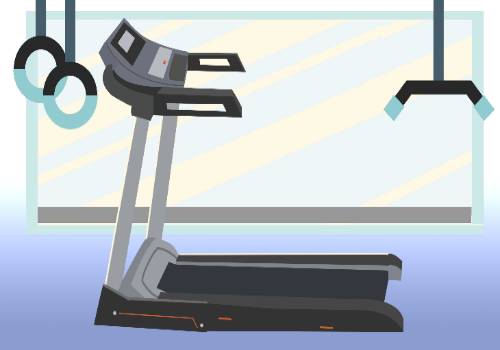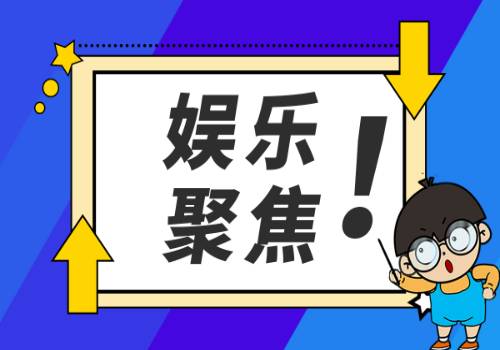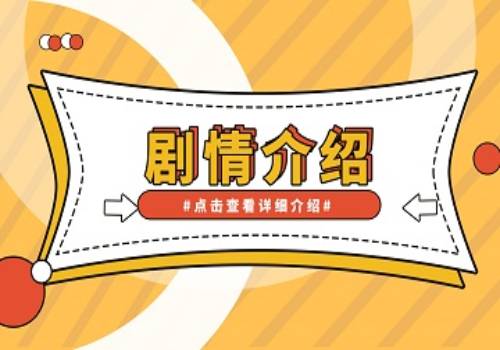新概念英语第二册课文精析 (2)已发布,欢迎大家查看。新概念第二册内容主要针对的是基础比较薄弱的同学,为了方便同学们可以更好地巩固英语基础,小编还整理了新概念英语第二册课文、新概念英语第二册音频、新概念英语第二册电子书相关内容,便于同学们一起学习!
Lesson 2 Breakfast or lunch
 (资料图片仅供参考)
(资料图片仅供参考)
★New words and expressions
☆until prep.直到
后面加(时间状语)从句,前面就是主句
区分“直到……才”(not until)和“直到……为止”(until)的方法:
把until作为时间终止线。从句的时间终点之前,这个动作做了还是没做?
做了——肯定;没做——否定。
eg:For he___until it stopped raining.
A.waited B.didn"t wait (A)
A.leave. B.left C.didn"t leave (C)
☆outside adv.外面(作状语)
eg:He is waiting for me outside.
☆ring(rang,rung) v.(铃、电话等)响
[注]这种响是刺耳的,往往是提醒人做某事
如:The telephone/door bell is ringing.
而风铃等响要用jingle
jingle(bell):(铃儿)响叮当
v.给某人打电话:ring sb
n.打电话:give sb a ring
Remember to ring me.=Remember to give me a ring.
n.戒指
☆aunt n.姑,姨,婶,舅母
所有长一辈的女性都用这个称呼
与此相同,男性则是uncle
他们的孩子:cousin:堂兄妹(不分男女)
cousin的孩子:nephew:外甥,niece:外甥女[记:“捏死”]
★Text
It was Sunday.I never get up early on Sundays.I sometimes stay in bed until lunch time.Last Sunday,I got up very late.I looked out of the window.It was dark outside."What a day!"I thought.It"s raining again.Just then,the telephone rang.It was my aunt Lucy."I"ve just arrived by train."she said."I"m coming to see you.""But I"m still having breakfast."I said."What are you doing?"She asked."I"m having breakfast."I repeated."Dear me!"She said."Do you always get up so late?It"s one o"clock."
(由于我没有文本,以上是听写出来的,错误只处还望指正)
☆look out of
out of是固定搭配
☆感叹句
What+a/an+adj+n+主语+谓语
省略:1.主、谓随时可省
eg:What a good girl (she is)!
2.省形容词
[注]有上下文和一定的语境,才能省略形容词。不能给对方造成误解。
如本文的What a day!根据上下文的It was dark outside.和It"s raining again .可以推断出省略的是terrible.
☆It was my aunt Lucy.
如果不知道对方性别时,可以用it取代。
如有人敲门,可以问:Who is it?
☆by train
by直接加交通工具(不能有任何修饰词、复数)
如果加修饰词,就要换掉by,用in或on
I go out by bus.
若是两辆:I go out in/on two buses.
☆I"m coming to see you.我将要来看你。
用come的现在进行时态be coming表示一般将来
同样的用法还有:go,come,leave,arrive,land,meet,die,start,return,join...
前4个一定要记住
☆天哪!英国人说Dear me!或My dear!
美国人说:My god!(o发啊的音)
★Key strucrures关键句型
本课的重点句型是现在进行和一般现在。
now:现在进行时(说话的当时正在发生,现阶段正在发生)
often,always:一般现在时
一般现在时,是一种习惯、真理,是过去、现在和未来都会发生的事情。
频率副词往往放在句子中间,实义动词前,非实义动词后。
如果既有实义动词又有非实义动词,要放在两个之间。
疑问句中副词往往放在主语后面。
非实义动词:1.系动词(be)
2.助动词:帮助动词构成时态的(do,does,will,shall,have,had,has)
3.情态动词(must,can,may)
除此之外都是实义动词。
以上就是为大家整理的“新概念英语第二册课文精析(2)”,更多新概念英语的干货内容,欢迎访问新东方新概念英语课堂,查看新概念英语第二册课后答案、新概念英语第二册单词和新概念英语第二册视频可供参考。祝同学们学习新概念英语2顺利!
新东方在线英语水平测试













































